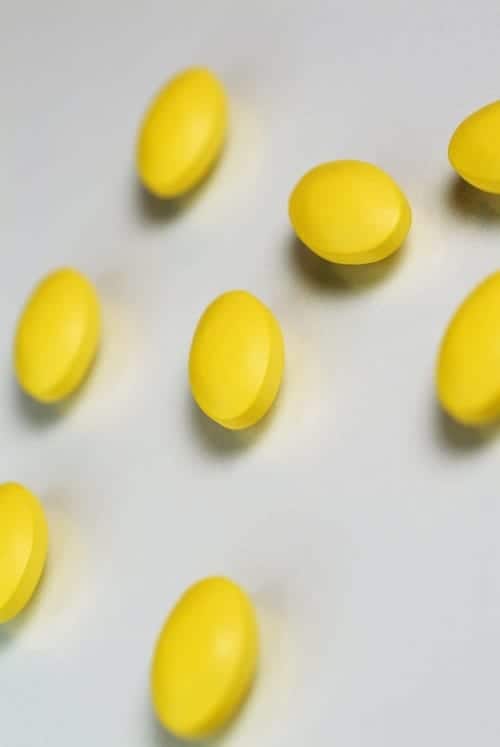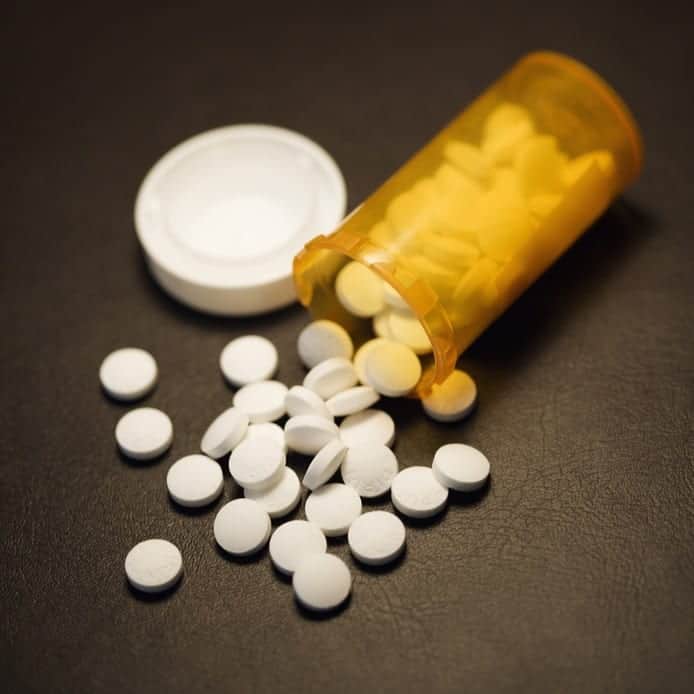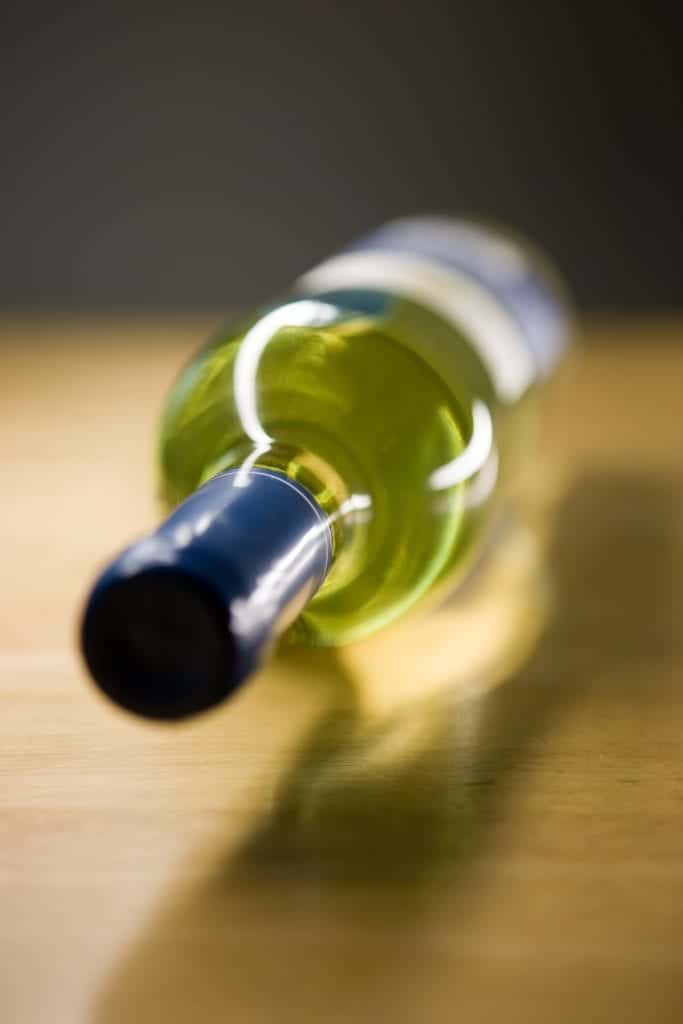What is Naltrexone and How Does it Work?
First, let’s talk about what Naltrexone (NTX) is not. It is not a drug. It’s part of the opiate antagonist family and blocks the effects of alcohol and narcotics. When paired with other treatment methods, it works by lessening the desire to take opiates. If someone is addicted to the effects of heroin, Naltrexone causes the addict to stop feeling the effects they were hooked on and is used for recovery. The addict will stop relating heroin with a certain experience which can be an addiction itself. The trust for what the drug has done for an addict before is gone, alleviating part of the addiction process. NTX became FDA approved in the 80’s as an aid for the recovery of heroin and opium users. In 1994 Naltrexone was approved by the FDA as a treatment for dependence on alcohol.
Naltrexone Usage
There are other names for Naltrexone as it is included in many mixed ingredient medications. When used for recovery on the dependence to alcohol or narcotics, it is used in the following treatments:
- Alcohol Dependence
- Opiate Dependence
- Smoking Cessation
- Impulsive Control Disorders like Trichotillomania
Alternative Names for Naltrexone
Brand Names and methods for Naltrexone when used to help with recovery of addiction:
- Vivitrol or Vivitrex; Vivatrol is a prescription extended release injectable medicine used to prevent relapse over a 30-day period.
- NTX is an injectable extended release version of Naltrexone which is used to prevent relapse for people who have opioid dependence.
- Revia – Naltrexone can also be taken orally and is branded as Revia. The only down fall is that you have to remember to take the medication where the injectable version automatically releases into your system daily.
- Depade – another brand of Naltrexone that is taken orally for drug addiction treatment.
These treatments with Naltrexone are specifically as a long term assist for those with an addiction to narcotics. They are usually prescribed once you’ve made it through the rehabilitation process and detoxed fully. For example, if a heroin addict can no longer get the high they were used to, the need for it lessens. 
The Usual Dose for Naltrexone as an Aid for Alcohol Dependence
Naltrexone Oral Tablets:
50 mg once a day taken orally.
Naltrexone Extended-release injectable suspension:
380 mg every 4 weeks (or once a month) via needle injection in the buttocks. Alternate buttocks monthly.
The Usual Dose for Naltrexone as an Aid for Opiate Dependence
Treatment should only be administered once the patient has been opioid free for a minimum of a week to ten days. A urine analysis will determine how long the person has been abstinent of opioids. First dose: 25 mg orally one time Maintenance doses thereafter: If there is no sign of withdrawal, 50 mg per day after the initial dose. Alternative dose: if the plan is to improve the effects of the treatment, 50 mg orally from Monday to Friday and 100 mg on Saturday. Alternatively, 100 mg every other day Naltrexone Extended-release injectable suspension: 380 mg every 4 weeks (or once a month) via needle injection in the buttocks. Alternate buttocks every time
What is Naloxone and how if Differs
Naloxone, also known as the brand Narcan, is like Naltrexone but it’s effects are for a short-term treatment. It is the antidote used for an opioid overdose and saves lives quickly by neutralizing the opioids in the body that are causing the overdose. With all Fentanyl overdose on the rise, it’s recommended that you carry Naloxone if you plan to do the drug.
Does Naltrexone Have Any Side Effects?
The minor side effects of Naltrexone are often temporary and stop once the body becomes used to them. For the major side effects, it’s recommended that you contact your doctor. The largest study came up with the following common side effects of Naltrexone. These affected a small minority of people who regularly use it:
- Nausea (10%)
- Headache (7%)
- Dizziness (4%)
- Fatigue (4%)
- Insomnia (3%)
- Anxiety (2%)
Before you start taking Naltrexone, you will receive blood test to ensure that your liver is healthy. Throughout treatment with Naltrexone, health professionals will check in by taking bloods tests periodically. Symptoms of liver damage when taking Naltrexone:
- Pain located in the upper right part of your stomach that lasts for days.
- Jaundice
- Extreme fatigue
- You bruise easily
- A Loss of appetite
- Urine is a dark yellow
- Feces is light in color
Things You Shouldn’t Do While Taking Naltrexone
Naltrexone as an aid for narcotic or alcohol recovery shouldn’t be used if opioids are being used or large amounts of alcohol are being consumed. Doing so can lead to serious injury, coma, or even death. If you go to alcohol detox or drug and alcohol rehab, one of their healthcare providers will conduct tests to see if you’ve taken opioid medicines, or used opioid street drugs in the past week to ten days. If you’re experiencing withdrawals symptoms of opioid drugs, you shouldn’t being taking Naltrexone. 
Is Naltrexone Only for Opiate Use?
Originally branded by DuPont as a treatment for opioid addiction, Naltrexone can also be used for alcohol addiction. While Naltrexone was initially used to treat addiction as one part of a larger therapy plan, it started being used a decade later for alcohol addiction. The craving is blocked which enables patients to abstain from drinking more easily. The pleasure of alcohol is blocked so it may reduce the actual amount of alcohol consumed. This prevents heavy drinkers from drinking excessively. When paired with psychosocial therapy, cravings for alcohol is reduced and relapse rates to drink again are lessened. 
Is Naltrexone usually used for alcohol abuse?
Most alcohol abuse treatments will commonly include nutritional diets and medical therapy. Naltrexone is one of three medications that are commonly used in conjunction with the above therapies that help is one of treat alcohol dependence. Due to it’s effectiveness, it is still considered one of the top medications for helping those dependent on alcohol. Through blocking of the opioid receptors so cravings are no longer there as well as less feeling of intoxication, it has proven to be a powerful tool for helping in recovery. 
What does Low Dose Naltrexone Do?
Low dose Naltrexone is not used in recovery treatment for drug and alcohol dependence. It boosts the immune system and helps activate the body’s natural defenses. It is used in many different treatments including:
- Crohn’s disease
- Multiple sclerosis
- Cancer
- Fibromyalgia
- Chronic pain
For those who have diseases which are related to a deficiency of endorphins, low dose Naltrexone is a main therapeutic action because it restores the body’s production of endorphins. Can you get addicted or hooked on Naltrexone? Naltrexone for alcohol or narcotic dependency is not addictive. It’s not a form of narcotic but simply blocks serotonin and dopamine. It has the opposite reaction of addiction and allows people to break free from their dependencies in a substance-free way. By blocking the pleasurable effects that alcohol or opioid drugs give you while blocking the craving, it effectively reduces the reasons you would continue to harm yourself. You can’t get hooked on Naltrexone or abuse it because it doesn’t produce euphoric feelings.
Here are some success stories of how Naltrexone has worked for others…
Manmalek posted on reddit, “I completely agree, its not a magic bullet. I’m using Vivitrol as a simple method of curbing cravings. I am seeing a private counselor and men’s group. I think Naltrexone/Vivitrol both help tremendously, as I’ve gone longer than I ever had sober with the help of these prescriptions. I still think about drinking, and drugs, and get cravings, but they aren’t as overpowering. I would absolutely recommend them for anyone trying to quit the drink. Tip for Murricans: If Vivitrol (the shot in the ass!) isn’t covered by your insurance (or you have outrageous copays like me) there are several coupons you can find online to mitigate the cost. Also, oral naltrexone is an incredibly cheap drug on almost any insurance plan, if you really can’t afford the shot.” A review by Sezpog posted on drugs.com had this to say about Naltrexone as treatment for alcohol dependency, “”I have been on naltrexlone now for 16 weeks and not had a drink not even wanted one crazy to say I drank from morning till night only thing I feel really weak n tired n sleep rubbish but it has stopped me drinking so 100% worth it.” Kevin T. stated this on WebMD about Naltrexone and alcohol addiction, “Miracle? Nothing short of it. I am the drunk who craved alcohol and once it hit me there was no stopping me. I’m a black out drunk. Horrible ruined a lot of good things I had going anyways… back to the miracle. I took Naltrexone in pill form, drank one or two more times maybe three then it kicked in. It was like a wall went up in my brain and I could no longer see alcohol. The mere thought of it was unpleasant. I was skeptical of a pill that could help me with drinking. I though it was for opiates. I actually have a slight feeling of calmness and no anxiety from not drinking. I have the Vivitrol injection in the fridge but I take it in pill form right now because I don’t really want a needle shoved in my buttocks. I say to anyone who wants to control, cut down or completely stop, take it from someone who hit rock bottom, Naltrexone is a necessary part of alcohol dependence recovery. Give it a week or two to settle into your body and just try to even drink the way you normally would. I am thankful this miracle found me ~peace~” 
How much does Naltrexone cost if I pay out of pocket for it?
Prices vary with Naltrexone as there are brands and generic versions. Naltrexone comes in an oral tablet branded Revia. The tablets are 50 mg. and cost approximately $120 for 30 tablets. Pharmacies vary with their price for processing your order which is why the prices are variable. Vivatrol is the injectable version of Naltrexone which lasts for 4 weeks, slowly releasing the proper dose daily. If your insurance doesn’t cover it, expect to pay $1600 for one treatment. Generic Tablets can be more reasonable than Revia so if you don’t have insurance or your plan doesn’t cover this treatment, you may want to ask for these options instead. Nalcon and Naltima cost about $1.00 per tablet and contain the recommended 50 mg dose. Naltrex is the most reasonable of options if you have to pay out of pocket with 10 50 mg tablets costing around $6.00. The brand Nodict is just over $7.00 for 10, 50 mg tablets.
Will insurance cover my prescription for Naltrexone?
Private insurance varies in whether they will cover a Naltrexone prescription. If you go to a treatment center, they will be able to tell you if you’ll be covered after your treatment based on your insurance company. Generally though, a prescription plan will cover the cost of even the Vivatrol shot which is usually quite expensive. This coverage is usually dependent on “prior authorization” though. A generic Naltrexone option will cost $11 on average per month with an insurance copay plan. Many health insurers have recognized that helping those with opioid or alcohol dependencies now will save them money in the long run. Due to the high effectiveness rate based of Naltrexone contributing to recovery, insurers are changing their policies on coverage for Naltrexone.
What does research tell us about the effectiveness of Naltrexone in treating addiction?
One account of research includes over 20 years of studies on Naltrexone and if is was truly helpful in alcohol recovery. There have been 29 published, randomized placebo-controlled trails based on the validity of a treatment for alcohol dependence. Overall, trials found that Naltrexone is considered to positively influence the recovery of heavy drinkers in conjunction with a full treatment plan. In 2001, there were 14 randomized controlled trials conducted specifically to see how effective Naltrexone was in comparison to placebos for treating alcoholism. Over 2,000 subjects were involved from five different countries. These studies were extensive and high in quality. The result was strong evidence that Naltrexone is gives a significant advantage in reducing relapses of heavy and frequent drinkers. Naltrexone has been researched on its ability to efficiently recovery from narcotics for the past 20 years. Clinical research has consistently found it to safely as it blocks opiates and heroin from being pleasurable, a major part of recovery. The University of Pennsylvania released a study about Naltrexone and its ability to replace methadone to getting people off drugs like heroin and other opioids. The study was a six-month randomized trial of extended-release Naltrexone. It included 153 ex-prisoners so the study used a high-risk population. Over an 18-month period, not one person who was given Naltrexone overdosed. Some got high but didn’t continue use because the benefits of the high were gone. Results proved in all studies that Naltrexone for drug and alcohol dependence can lessen the chance of relapse. It is considered a good alternative to common treatment and works well with counselling and community treatment programs. Rehab is highly effective but incorporating Naltrexone for recovery of opioid or alcohol dependence is part of the long-term success.
